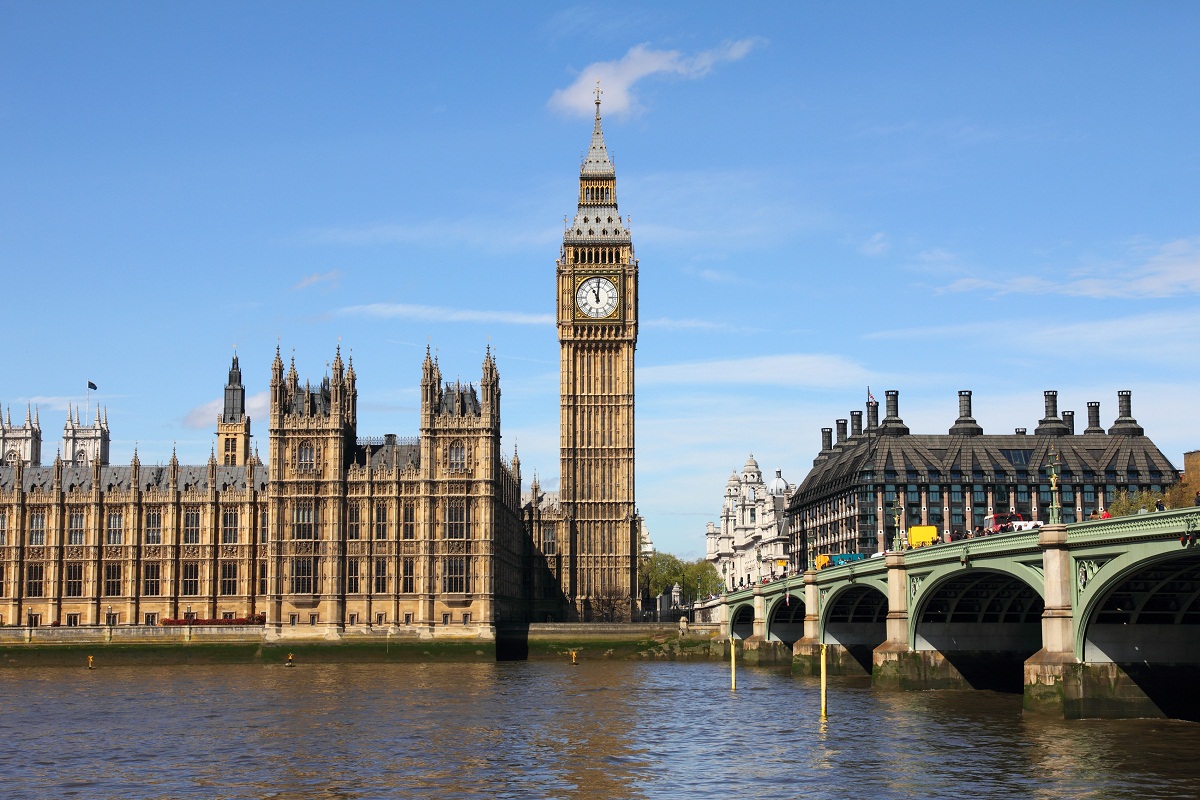Government debuts Cyber Essentials Scheme to improve UK response to cyber attacks
The government has released a certification scheme for companies bidding on ICT contracts to ensure they are secure from cyber attacks

Sign up today and you will receive a free copy of our Future Focus 2025 report - the leading guidance on AI, cybersecurity and other IT challenges as per 700+ senior executives
You are now subscribed
Your newsletter sign-up was successful
The government has released details about its new Cyber Essentials Scheme, which aims to improve the response of UK businesses to cyber threats.
Working alongside the Information Security Forum and British Standards Institution, the government has created a set of guidelines for UK companies to help them shore up their security and prevent future attacks.
As part of the scheme, cyber secure firms will be able to differentiate themselves from competitors in the market by qualifying for badges that display their aptitude in online security. Insurance organisations are also offering incentives for participants.
Participating companies will be provided with a step-by-step framework involving five key controls: boundary firewalls and internet gateways, secure configuration, access control, malware protection and patch management.
"Education is essential, as while larger organisations are more likely to have established frameworks in place, there are many smaller organisations that will find this process far more challenging," said Skyscape chief technology officer Simon Hansford.
"Schemes such as this are therefore crucial in order to equip businesses with the knowledge and actionable steps that will enable them to understand and recognise threat actors and reduce risks within their own organisations."
From 1 October 2014 the government will require all suppliers bidding for ICT contracts to have been certified through the Cyber Essentials Scheme.
Sign up today and you will receive a free copy of our Future Focus 2025 report - the leading guidance on AI, cybersecurity and other IT challenges as per 700+ senior executives
Certification by the scheme can cover the whole of an company or a smaller sub-set, but the scope "must be clearly defined" according to the framework documents.
Costs for the scheme will be set by individual certification firms in competition with each other "in order to allow market forces to set the rates". The prices will scale depending on the size of a company and for how many areas they may wish to certify.
"This is the sort of support from government that will make a real difference to UK businesses," said Rob Cotton, CEO at NCC Group. "By putting standards in place it gives SMEs an attainable security benchmark, and one which will provide significant protection from a wide range of attacks."
-
 ITPro Excellence Awards winners unveiled
ITPro Excellence Awards winners unveiledIt's time to celebrate excellence in IT. Read on for the full list of winners...
-
 This new mobile compromise toolkit enables spyware, surveillance, and data theft
This new mobile compromise toolkit enables spyware, surveillance, and data theftNews The professional package allows even unsophisticated attackers to take full control of devices
-
 UK’s ‘Tech Prosperity Deal' with US hits rocky ground
UK’s ‘Tech Prosperity Deal' with US hits rocky groundNews The US has reportedly threatened to pull out of the deal over the Digital Services Tax and broader economic disagreements
-
 ‘A major step forward’: Keir Starmer’s £187 million tech skills drive welcomed by UK industry
‘A major step forward’: Keir Starmer’s £187 million tech skills drive welcomed by UK industryNews The ‘TechFirst’ program aims to shore up the UK’s digital skills to meet future AI needs
-
 Government’s ‘Humphrey’ AI tool helps local authorities cut costs
Government’s ‘Humphrey’ AI tool helps local authorities cut costsNews The Minute tool, part of the Humphrey AI assistant, is being trialled at 25 councils
-
 Starmer bets big on AI to unlock public sector savings
Starmer bets big on AI to unlock public sector savingsNews AI adoption could be a major boon for the UK and save taxpayers billions, according to prime minister Keir Starmer.
-
 UK government targets ‘startup’ mindset in AI funding overhaul
UK government targets ‘startup’ mindset in AI funding overhaulNews Public sector AI funding will be overhauled in the UK in a bid to simplify processes and push more projects into development.
-
 UK government signs up Anthropic to improve public services
UK government signs up Anthropic to improve public servicesNews The UK government has signed a memorandum of understanding with Anthropic to explore how the company's Claude AI assistant could be used to improve access to public services.
-
 The UK’s AI ambitions face one major hurdle – finding enough home-grown talent
The UK’s AI ambitions face one major hurdle – finding enough home-grown talentNews Research shows UK enterprises are struggling to fill AI roles, raising concerns over the country's ability to meet expectations in the global AI race.
-
 US government urged to overhaul outdated technology
US government urged to overhaul outdated technologyNews A review from the US Government Accountability Office (GAO) has found legacy technology and outdated IT systems are negatively impacting efficiency.